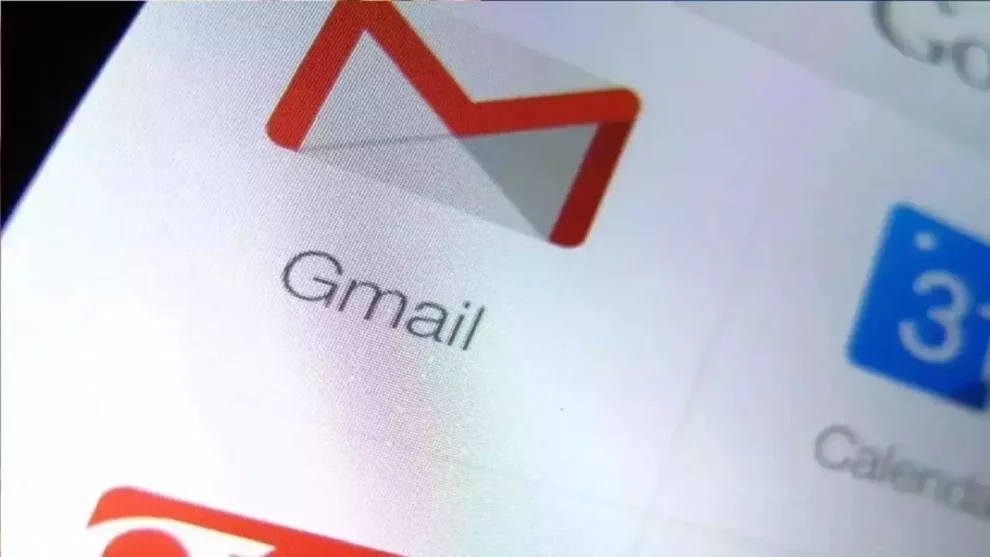Google’s latest Gmail security enhancements are arriving at a critical moment, as cybersecurity experts warn of an unprecedented AI-driven threat landscape emerging in 2025. A new report from cyber insurance specialist At-Bay emphasizes email’s position as the primary gateway for cyberattacks, highlighting the urgent need for strengthened email security measures.
According to At-Bay’s latest cybersecurity analysis, email remains the most exploited vector for launching financial fraud, ransomware, and data breach attacks against businesses. This vulnerability persists despite years of security awareness training and technological advancement, prompting major email providers like Google to implement more sophisticated protection mechanisms.
The growing sophistication of AI-powered cyber threats has created a landscape where traditional email security measures may no longer suffice. Google’s response includes enhanced security features for Gmail users, designed to combat these evolving threats through improved threat detection and automated security protocols.
For individual users, Google has expanded its security checkup tools, offering personalized recommendations to strengthen account protection. These automated security assessments can identify potential vulnerabilities and suggest specific actions to enhance email security, from enabling two-factor authentication to reviewing third-party access permissions.
Corporate email security presents additional challenges, as system administrators must balance security requirements with operational flexibility. At-Bay strongly advocates for organizations to transition to cloud-based email solutions, citing their superior ability to maintain proactive vulnerability management and implement security updates rapidly.
The move toward cloud-based email platforms reflects a broader industry shift toward more dynamic security architectures. These systems can adapt more quickly to emerging threats and provide centralized management of security policies, crucial capabilities in an era of AI-enhanced cyber attacks.
Gmail’s latest security upgrades incorporate advanced AI-driven threat detection systems, designed to identify and neutralize sophisticated phishing attempts and social engineering attacks before they reach users’ inboxes. These improvements represent a significant step forward in email security, particularly in addressing the growing challenge of AI-generated malicious content.
The timing of these enhancements is particularly relevant, as cybersecurity experts predict 2025 will mark a turning point in the sophistication of email-based attacks. The proliferation of AI tools has lowered the barrier to entry for creating convincing phishing emails and social engineering schemes, making robust email security more crucial than ever.
For businesses, the decision to upgrade email security systems or transition to more secure platforms has become increasingly urgent. The cost of implementing enhanced security measures must be weighed against the potentially devastating impact of successful cyber attacks, which can result in significant financial losses and reputational damage.
While Google’s security improvements offer enhanced protection, security experts emphasize that technology alone cannot guarantee complete security. User awareness and proper security hygiene remain crucial components of any effective email security strategy. This includes regular password updates, careful scrutiny of unexpected attachments, and awareness of common phishing tactics.
The evolution of email security reflects a broader trend in cybersecurity, where the traditional approach of reactive defense is giving way to more proactive, AI-driven security measures. This shift acknowledges the reality that conventional security tools may no longer be sufficient to counter the sophisticated threats emerging in the current digital landscape.
As organizations and individuals evaluate their email security needs, the key consideration is not whether to upgrade security measures, but rather how quickly and comprehensively to implement enhanced protection. The rapid evolution of cyber threats, particularly those leveraging AI capabilities, makes this assessment increasingly urgent.
Looking ahead, experts predict that email security will continue to evolve, with providers like Google implementing increasingly sophisticated protection mechanisms. The challenge for users and organizations will be to stay informed about these developments and ensure their security measures remain adequate to address emerging threats.
The message from security experts is clear: the time to evaluate and upgrade email security is now, before the predicted wave of AI-enhanced cyber threats fully materializes. Whether through Google’s enhanced Gmail security features or other robust email security solutions, strengthening email defenses has become a critical priority for both individuals and organizations in 2025.
















Add Comment